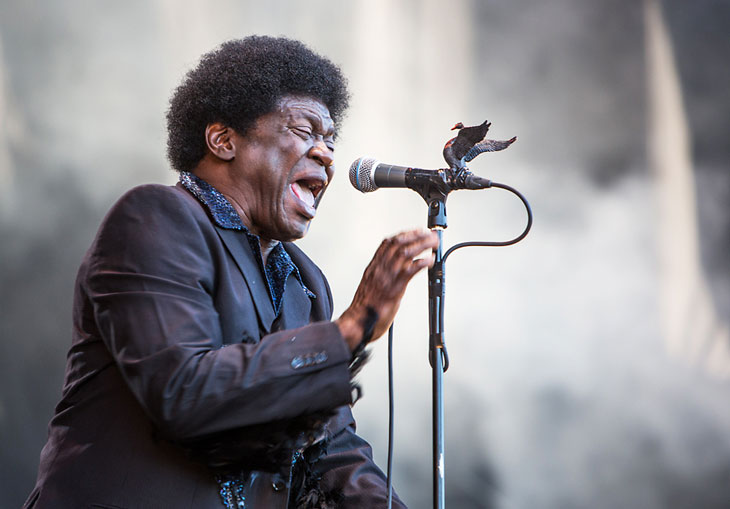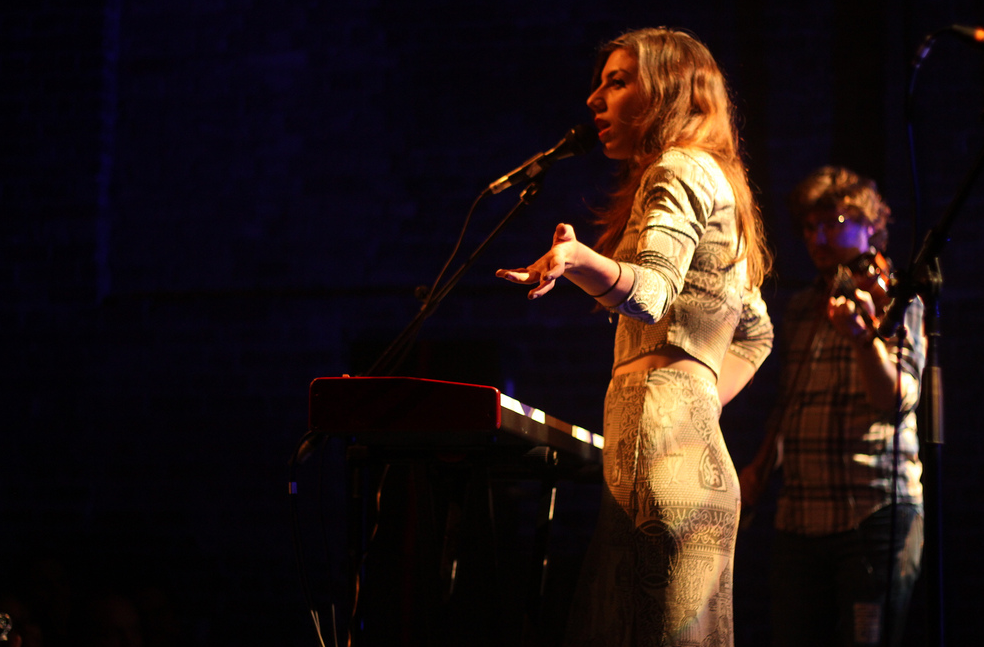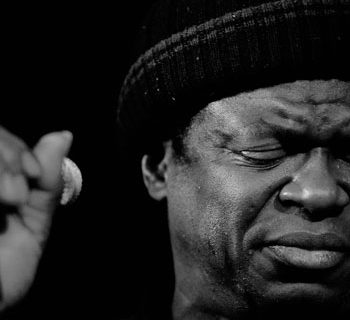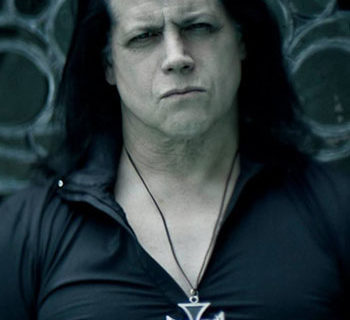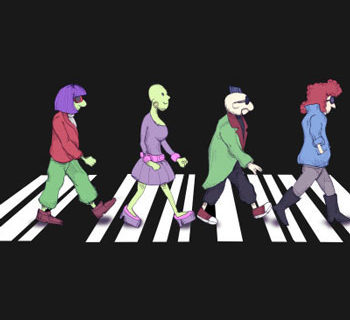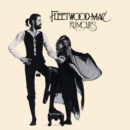“I was on the edge. I was truly on the edge. I thought nothing was going to happen, so I said 'God, what's left for me to do?' At that point I was 61, and I had been honest and humble and giving all my life. But I thought the world wasn't going to give me a chance.” – Charles Bradley in an interview in Charles Bradley: Soul of America
Charles Bradley’s greatest asset is his voice. It’s astonishing, yet unconventional, the aural equivalent of a well-aged whiskey. On his records, Bradley’s voice shrieks and yelps, exploding with a history of heartbreak and hurt that can only be explored through sounds resurrected from the funk and soul of the 70’s, then expanded and emboldened for a contemporary era.
However, Bradley’s physical voice isn’t the only breathtaking thing about him: his lyrical voice is just as potent and powerful. What his lyrics lack in complexity, they make up for in concise, honest explorations of what it means to fight for something you believe in, despite the pain of living.
The key to understanding Bradley’s appeal is to understand his story. The 66-year-old veteran of performance cut his teeth as a James Brown impersonator for decades, eventually becoming known under the pseudonyms “Black Velvet” and “James Brown, Jr.”
He created his early work in and around Brooklyn while caring for his mother, who had left him with family in Florida when he was a child to follow a suitor to New York. (I reckon he and Sufjan Stevens would have a lot to talk about, mother-wise.) When he was around the age of 54, Gabriel Roth of Daptones Records found Bradley and invited him into the studio to perform with their studio musicians. Bradley would ask the band to play music, and then improvise the lyrics. This was partly to pull evocative and honest lyrics from himself, and partly because he was operating at around a second-grade reading level for much of his life, and was unable to read and write his lyrics in advance.
Over almost a decade, Bradley released a number of singles before his debut album in 2011, entitled No Time For Dreaming after a Joe Quaterman-penned song that Bradley performs on the record. Bradley was 62 years old when his debut dropped.
Bradley fits easily into a long lineage of funk and soul performers, combining the smooth vibes of his predecessors’ instrumentation with cries for political and social change. His James Brown-esque delivery and energy comes across in his records and onstage, where Bradley struts and throws himself across the stage more vigorously than many of his twentysomething peers, who take their inspiration from the very same music that Bradley grew up listening to.
For an interesting example of what the weight behind his voice adds to a song, try comparing the final song on his debut, “Stay Away,” a cover of a song on grunge legend Nirvana’s album Nevermind. On the track, Kurt Cobain (a legendary musician in a very different way) yelps and mumbles his lyrics backed by violent, buzzing guitar and manic, mosh-pit energy. Bradley, on the other hand, makes his words clear and easily understood. His cries of “Stay Away” aren’t angry, angsty outbursts; they’re educated pieces of advice from a soul who seeks to protect others from the trouble that has followed him. Bradley makes every syllable crisp, for he’s spent six decades of his life unheard, and he doesn’t intend to waste another moment.
If one were to walk into a club and see Charles Bradley and the Menahan Street Band performing his signature song “Why Is It So Hard?” it would be safe to assume one was witnessing the comeback tour of a soul legend, as opposed to someone who has only been recording for a few years. That’s because Charles Bradley is a soul legend. He just didn’t get his chance to be a legend until now, and he’s making the most of it.

